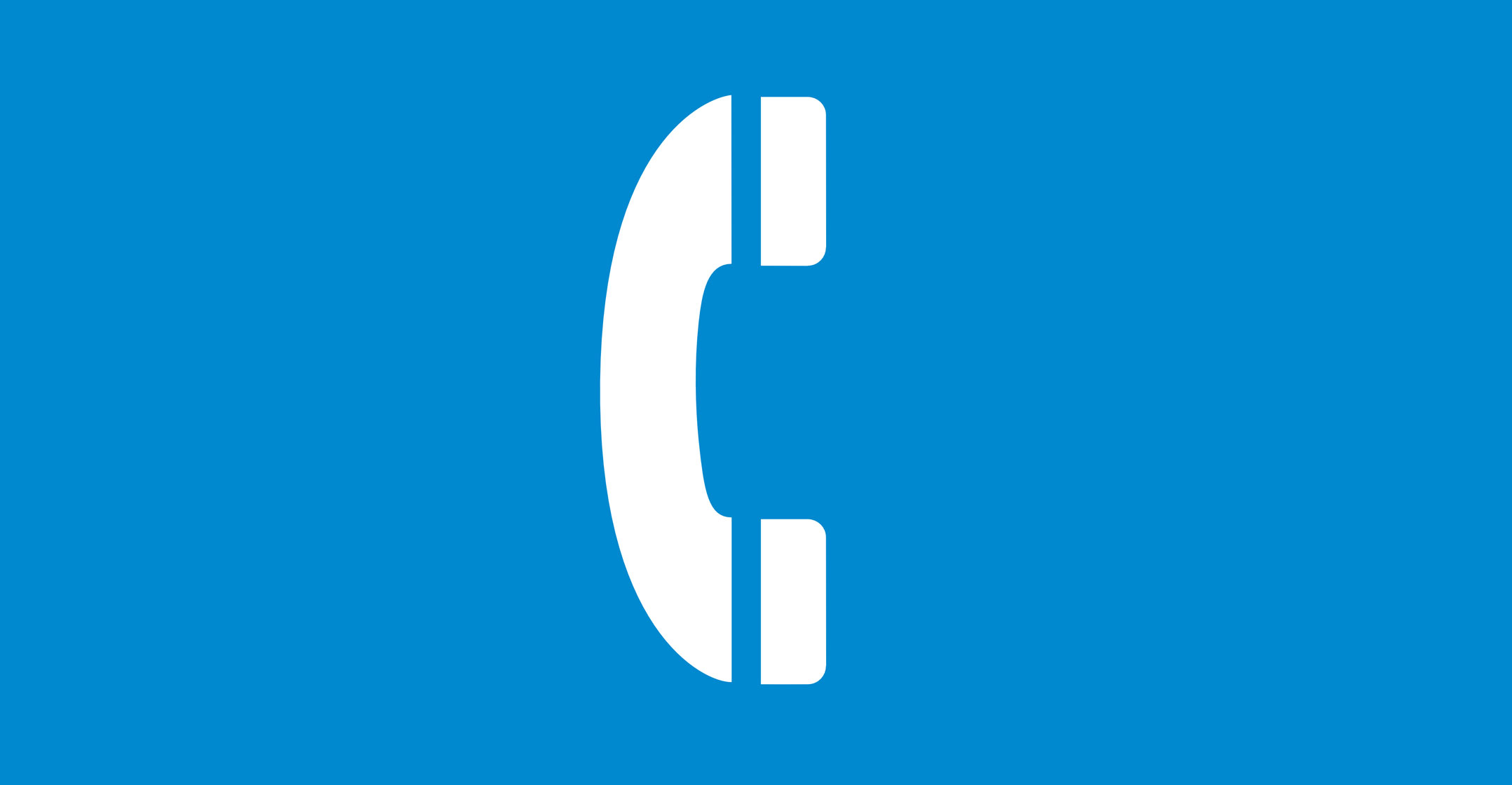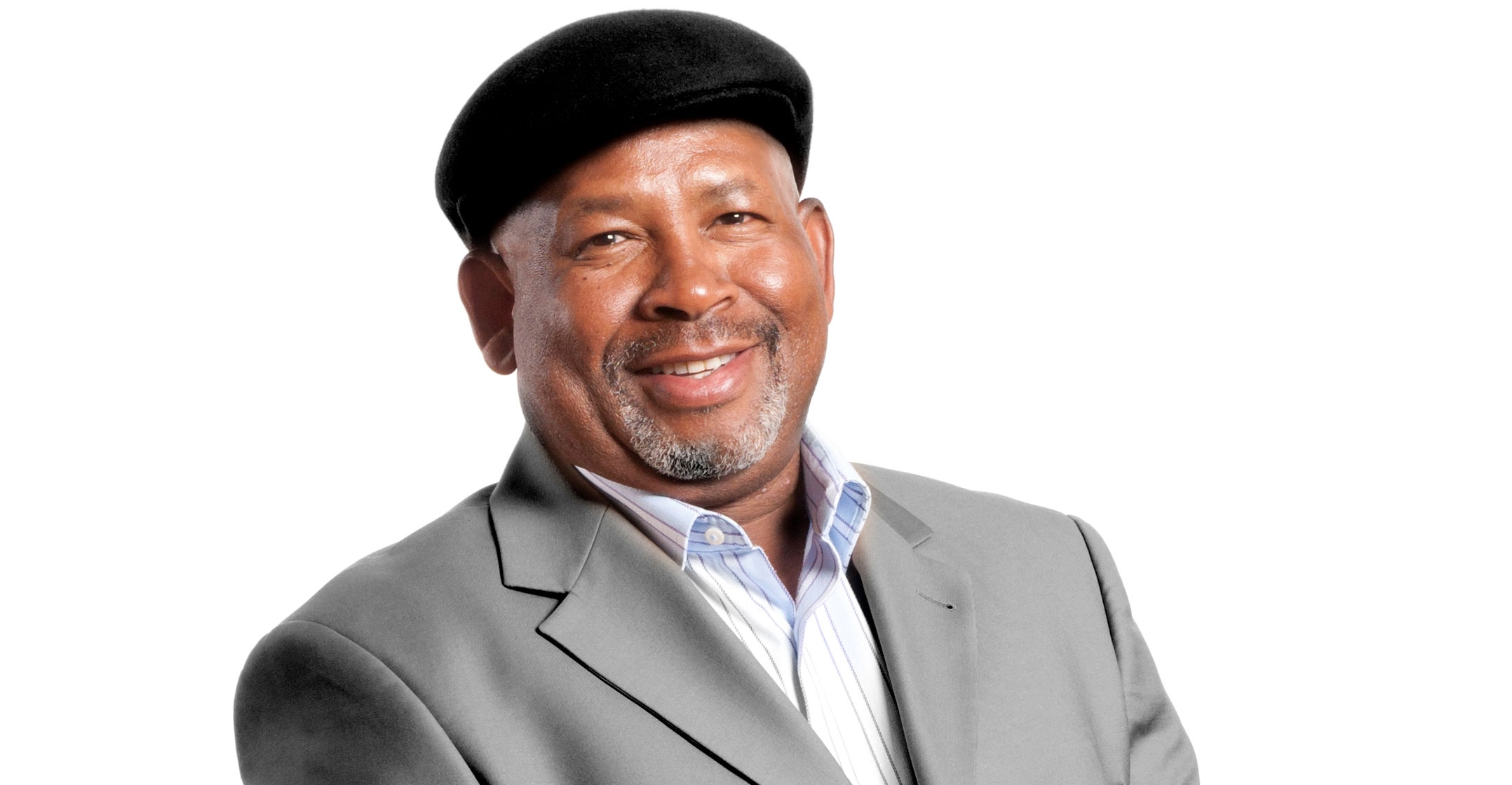 While state-owned enterprises such as Eskom, South African Airways and the SABC continue to make headlines for all the wrong reasons, one (partially) state-owned company is doing quite well, thank you very much.
While state-owned enterprises such as Eskom, South African Airways and the SABC continue to make headlines for all the wrong reasons, one (partially) state-owned company is doing quite well, thank you very much.
I’m talking, of course, about Telkom, which last month beat analyst expectations for full-year financial performance and hiked its dividend on the back of a stellar performance from its mobile business.
Investors responded well to the numbers, with the share price jumping to a record high of nearly R100/share. It has far outperformed Vodacom Group, MTN Group and Cell C’s largest shareholder, Blue Label Telecoms, over the past year. Its balance sheet remains strong, too, giving it the potential to play the role of consolidator in South Africa’s telecommunications industry – if the competition authorities let it and it has the appetite to do so (it has already walked away from Cell C and CEO Sipho Maseko told TechCentral recently it no longer has any interest in buying the troubled third national mobile operator).
All this raises an important question. How has Telkom managed to do so well, while many other SOEs are mired in debt and red ink, begging for bailouts from government (read: taxpayers)? How has it managed to reduce its bloated workforce significantly while companies like Eskom – which may be as much as 60% overstaffed, according to some estimates – can’t wield the axe?
There are two answers to this question. The first is that Telkom is partially privatised. In the late 1990s, the Nelson Mandela administration sold a 30% stake to foreign investors. The partial privatisation was badly managed – government extended Telkom’s monopoly by five years (in reality, it ended up being much longer), which allowed the foreign strategic equity partners to ram through crazy price hikes – but it eventually led to the company’s floatation on the JSE. Government now owns just over 40% of Telkom (or just over 50%, if you include the Public Investment Corp’s stake), but a big chunk of its shares is in private hands. That means that the company isn’t answerable only to government, making it more difficult for politicians to meddle in its affairs.
Positive outcome
So, while government made a mess of Telkom’s partial privatisation, in the longer-term view the move had a broadly positive outcome, especially now that significant competition has been allowed to emerge.
A partial privatisation of other SOEs should have the same positive outcome if done correctly. Unfortunately, I doubt today’s ANC government, which has lurched significantly leftward since the Mandela days, would consider Telkom’s partial privatisation if it was on the table now.
But the second answer to the question about why Telkom has done so well relative to other SOEs is probably the more important one. Maseko and his team have been able to get on with the difficult job of turning around and growing Telkom because the company has a strong board of directors that has shielded management from political meddling. And much of the credit for this surely must go to outgoing chairman Jabu Mabuza, who helped assemble a powerful board committed to sound corporate governance.

This wasn’t always the case. Before Mabuza’s appointment, Telkom had a particularly weak chairman, who interfered with management and failed to protect Maseko’s predecessors from a succession of (insert your favourite derogatory adjective here) communications ministers (the interfering Dina Pule being a notable example). One hopes Telkom’s board remains strong with the departure this month of Mabuza as chairman. He leaves a great legacy.
Unfortunately, Mabuza, who also chairs Eskom, hasn’t had quite as much success as he had at Telkom in dealing with political interference. The utility, which urgently needs to cut its workforce to help curb mounting losses and deal with its more than R440-billion in debt, has effectively been prevented by government from going ahead with a job-shedding plan. Public enterprises minister Pravin Gordhan and President Cyril Ramaphosa favour voluntary severance packages rather than forced retrenchments. But this will almost certainly take too long to deal with a critically urgent problem. More bailouts seem inevitable. The proverbial can keeps getting kicked down the road. The problem is, they’re running rapidly out of road. If the Eskom crisis isn’t dealt with soon, South Africa risks losing its fiscal sovereignty. If the country is forced into the hands of the International Monetary Fund, the politicians doing the dithering now most certainly will not like the medicine that will be prescribed. Better to deal with the crisis now, then, that leaving it to someone else.
One-man wrecking ball
Then there’s the SABC, another company whose workforce has become bloated and unsustainable. This happened partly under the disastrous “leadership” for former chief operating officer and one-man wrecking ball Hlaudi Motsoeneng, though the problems started long before the Motsoeneng era tore a path of destruction through Auckland Park. The SABC has been on a steady downward slide since at least the tenure of ex-CEO Dali Mpofu, who has since reinvented himself as a senior political leader in Julius Malema’s radical-left Economic Freedom Fighters.
The SABC arguably has a stronger leadership team today than it’s had in many years. I haven’t met him, but I hear good things about CEO Madoda Mxakwe. Though the SABC’s board has been unstable, it still has some strong members who understand the gravity of the situation the public broadcaster faces and what’s needed to remedy it.
Unfortunately, it’s run into a political roadblock. Communications minister Stella Ndabeni-Abrahams has interfered with the board’s plans and effectively stopped the corporation from imposing much-needed job cuts. She has interfered in the operational management of the broadcaster, putting its turnaround plan in peril. It’s precisely the sort of interference that is bedevilling the many other SOEs that are in dire financial straits.

With Eskom, SAA and other parastatals begging for multibillion-rand bailouts, the last thing national treasury needs now is to have to dig even deeper (or raise more debt) to bail out a company that could be fixed through downsizing.
It’s questionable whether the SABC should still be running three national television stations (four if you include SABC News on DStv) along with 20-odd radio stations. To put it on a more sustainable footing, it should be allowed to sell some of these assets to private broadcasters. It should probably focus exclusively on its public service mandate, not try to compete head-on with commercial broadcasters. A much-reduced SABC could potentially even be funded from the national fiscus, though there should be a proper and urgent debate on its funding model – the television licence fee regime has failed, with most South Africans not bothering to pay, so it may as well be scrapped. I don’t know what the funding solution is, but it’s clear the current model is broken.
For what it’s worth, I’m not sure we even need a public broadcaster in the modern era (though there are plenty of people who will argue passionately against that view). Quite frankly, government should get out of business and sell most of the SOEs to the highest bidders (while ensuring full market liberalisation to prevent private monopolies from forming). But I realise it’s also important to be pragmatic. We have a socialist government that is ideologically opposed to the idea of privatisation (wrong-headed as that is). While the ANC is in government, wholesale privatisation of state assets simply won’t happen (unless it’s forced on them by the IMF).
So, what’s the pragmatic solution to the mess? The answer, surely, involves studying Telkom’s success. SOEs need to be equipped with strong boards that provide a buffer between the politicians and the companies’ respective management teams. And the politicians must learn not to interfere, even if they don’t like the decisions being taken (this includes cutting jobs to make them sustainable). This will increase the odds of these SOEs being able to attract capable leaders and, more importantly, keep them.
If this doesn’t happen, these SOEs will continue to deteriorate and pose a growing threat to South Africa’s economic stability and well-being. — © 2019 NewsCentral Media
- Duncan McLeod is editor of TechCentral

